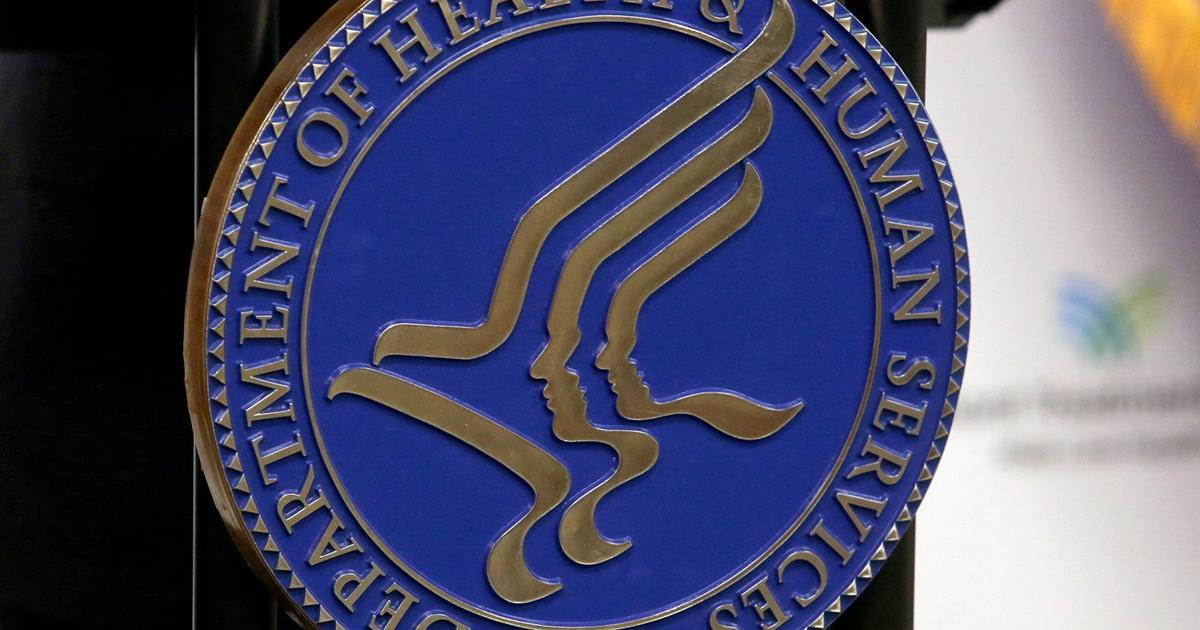HHS moves to shut down major organ donation group in latest steps to reform nation’s transplant system

**HHS Moves to Decertify Major Organ Procurement Organization Amid Safety Concerns**
As part of its ongoing efforts to strengthen the United States’ organ transplant system, the Department of Health and Human Services (HHS) announced it is moving to decertify a major organ procurement organization (OPO), effectively shutting it down and removing it from the nation’s network of organ donation groups.
HHS Secretary Robert F. Kennedy Jr. described the move as a “clear warning” to other organ procurement groups, emphasizing the agency’s commitment to patient safety and system integrity.
### Life Alliance Organ Recovery Agency to be Decertified
The agency targeted for decertification is the Life Alliance Organ Recovery Agency, a division of the University of Miami Health System. This decision follows an investigation that uncovered unsafe practices, staffing shortages, and paperwork errors, Kennedy said during a Thursday press briefing.
“We are acting because of years of documented Patient Safety Data failures and repeated violations of federal requirements, and we intend this decision to serve as a clear warning,” Kennedy stated.
The Life Alliance Organ Recovery Agency is one of 55 federally designated nonprofit OPOs responsible for managing organ recovery for transplantation across the United States. Each organization focuses on specific geographic regions and collaborates closely with hospitals.
According to the Association of Organ Procurement Organizations (AOPO), Life Alliance serves approximately 7 million people across six counties in South Florida and the Commonwealth of the Bahamas.
### AOPO Responds to Decertification Announcement
AOPO President Jeff Trageser acknowledged the announcement in a statement, pledging continued support for Life Alliance to ensure that organ donors, transplant patients, and their families in South Florida have uninterrupted access to services.
“Because there is only one OPO per donation service area, it’s critical for CMS/HHS to manage the situation carefully and work with Life Alliance, hospitals & the wider donation community to ensure there are no lapses in donation during this process so lives can continue being saved,” Trageser added.
Life Alliance and the University of Miami Health System have not immediately responded to requests for comment.
### Staffing Shortages and Patient Harm Cited
Kennedy highlighted a persistent 65% staffing shortage at Life Alliance over several years, which may have resulted in as many as eight missed organ recoveries each week — roughly equating to one potential life lost every day.
“The Life Alliance Organ Recovery Agency based in Miami, Florida, has a long record of deficiencies directly tied to patient harm,” he emphasized.
“Our goal is clear: Every American must trust the nation’s organ procurement system. We will not stop until that goal is met.”
### New Patient Safety Measures to Be Implemented
Alongside the decertification move, Kennedy announced plans to require all OPOs to appoint full-time patient safety officers. These officers will monitor safety practices, report incidents, and ensure corrective actions are promptly executed.
Thomas Engels, administrator of the federal Health Resources and Services Administration (HRSA), explained the role: “This officer will be responsible for coordinating responses across clinical operational teams, ensure compliance with federal priorities, and take corrective action whenever patients are at risk.”
These reforms follow a federal investigation earlier this year that uncovered alarming issues, including medical teams beginning organ harvesting procedures before patients were declared dead.
### Addressing System-Wide Issues in Organ Donation
Each year in the U.S., more than 28,000 donated organs go unused and are discarded due to systemic inefficiencies, according to Centers for Medicare & Medicaid Services (CMS) Administrator Dr. Mehmet Oz.
“We are sending a tough message to all the other nonprofit organ procurement agencies so they know we’re serious,” Oz said. “We want them to know there’s a new sheriff in town, and we’re coming for them if they don’t take care of the American people.”
Organ transplant programs must meet specific certification requirements set by CMS to be approved for Medicare funding. Oz vowed to crackdown on noncompliance and indicated that stronger enforcement actions may be forthcoming.
“If we lose trust in the organ transplantation system of this country, tens of thousands of people are going to die yearly whose lives could be saved,” he warned.
### The Importance of Public Trust in Organ Donation
Public trust is essential for the U.S. organ donation system, which relies heavily on volunteers who agree to donate their organs upon death. Most people register to donate when obtaining their driver’s license.
As of 2022, approximately 170 million Americans have signed up to be organ donors. However, the demand for organs continues to exceed supply — last year, there were more than 48,000 transplants performed, while over 103,000 people remained on transplant waiting lists.
About 13 people die each day in the U.S. while waiting for a transplant, underscoring the critical need for safe, efficient, and trustworthy organ procurement systems.
### Federal Investigations Uncover Systemic Problems
In July, HHS announced an initiative to reform the nation’s organ donation system. The agency directed the Organ Procurement and Transplantation Network (OPTN), a public-private partnership managing the complex donation system, to enhance safeguards, strengthen safety protocols, and increase transparency nationwide.
An HRSA investigation, detailed in a congressional hearing and a memo earlier this year, found significant problems with dozens of transplant cases involving incomplete donations — situations where the organ recovery process began but was not completed.
The investigation focused on a procurement organization servicing Kentucky and parts of Ohio and West Virginia. Formerly known as Kentucky Organ Donor Affiliates, the group has since merged and rebranded as Network for Hope.
Network for Hope stated in July, “We are equally committed to addressing the recent guidance from HRSA and we are already evaluating whether any updates to our current practices are needed.”
### Disturbing Case Highlights Failures in Procurement Practices
Among the 351 cases reviewed, over 100 raised “concerning features,” including 73 instances where patients showed neurological signs incompatible with organ donation.
One particularly disturbing case involved 33-year-old TJ Hoover, who awoke in the operating room to find staff preparing his body for organ recovery despite concerns about his brain death diagnosis. The process stopped only after a surgeon observed Hoover’s response to stimuli.
The federal report cited failures to follow professional best practices, respect for family wishes, collaboration with patients’ primary medical teams, and accurate recognition of neurological function. The findings pointed to “organizational dysfunction and poor quality and safety assurance culture” within the Kentucky-area OPO.
Since the review, HRSA has received reports indicating similar high-risk procurement practices at other organizations.
—
**The HHS crackdown signals a decisive effort to hold organ procurement organizations accountable and restore public trust in a life-saving system. With reforms underway and further enforcement expected, officials aim to ensure that every organ donation and transplant is conducted safely, ethically, and efficiently.**
https://www.phillytrib.com/news/health/hhs-moves-to-shut-down-major-organ-donation-group-in-latest-steps-to-reform-nation/article_eef21de7-a91f-43d4-826e-cafc1376fb5b.html







